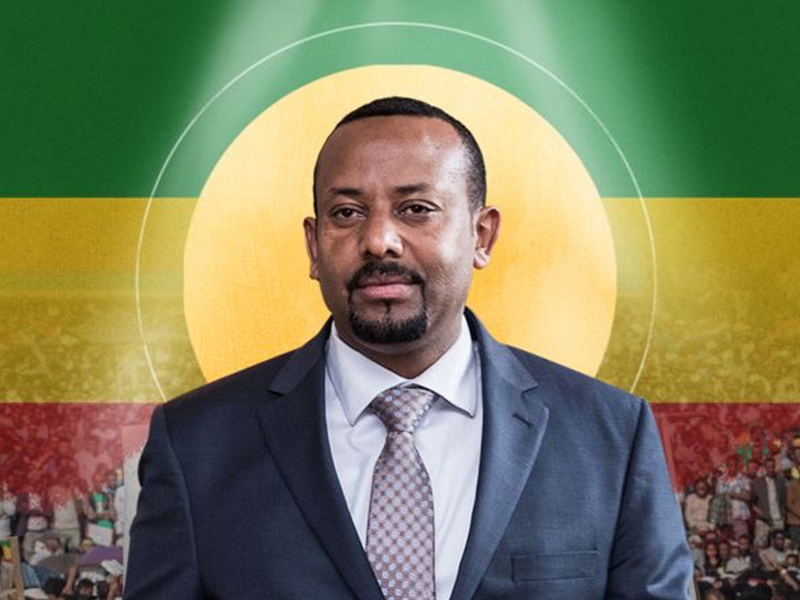
Ethiopia’s BRICS+ membership, alongside Egypt and the UAE, marks a major diplomatic and economic milestone, strengthening its ties with emerging markets. Prime Minister Abiy Ahmed has called for global financial reforms and emphasized Ethiopia’s role in trade, agriculture, and infrastructure within the bloc. As a BRICS Bridge, Ethiopia is set to boost African economic integration, advocate for greater global representation, and support the development of BRICS Pay to reduce reliance on Western financial systems.
BRICS bridge- Ethiopia’s membership in BRICS+, along with Egypt and the UAE, represents a significant milestone in diplomacy and economy as the country furthers its rapid growth. BRICS membership is seen by the Ethiopian government as a strategic step for deepening economic relations with emerging economies and enhancing its role in global trade. Ethiopia exchanged best practices with BRICS+ countries at the Kazan Summit 2024, attending for the first time as a BRICS+ participant, under the theme of “Strengthening Multilateralism for Just Global Development and Security” with an emphasis placed by all participants on the urgent need for global economic reforms.
Abiy Ahmed, the prime minister of Ethiopia, underlined the global economic importance of BRICS, noting that the bloc accounts for close to half of the world’s population and more than a third of global GDP. Referring to a necessity for reforms in the international financial system, he pointed out the importance of a more inclusive and fair economic order that focuses on the dynamics of the developing world. The Ethiopian economy is one of the fastest-growing economies in the world, and one of the biggest drivers of domestic trade in Ethiopia can be categorized under BRICS, especially in infrastructure, agriculture, and energy, which strengthens Ethiopia’s role within the bloc and enhances investment opportunities.
The South African BRICS Summit 2023 paved the way for Ethiopia’s participation in the BRICS group, and as a potential BRICS Bridge, Ethiopia has the opportunity to bridge trade and investment between African economies and the wider BRICS agenda. Besides trade, Ethiopia’s membership in BRICS is expected to help restructure global finances. Mamo Mihretu, governor of the National Bank of Ethiopia, has called for even greater representation of Africans in international financial institutions, and has criticized the absence of permanent African seats on the United Nations Security Council. Meanwhile, as BRICS pushes for BRICS Pay, Ethiopia is in a position to back up the bloc’s drive for a financial system of its own, free from Western-backed systems.

